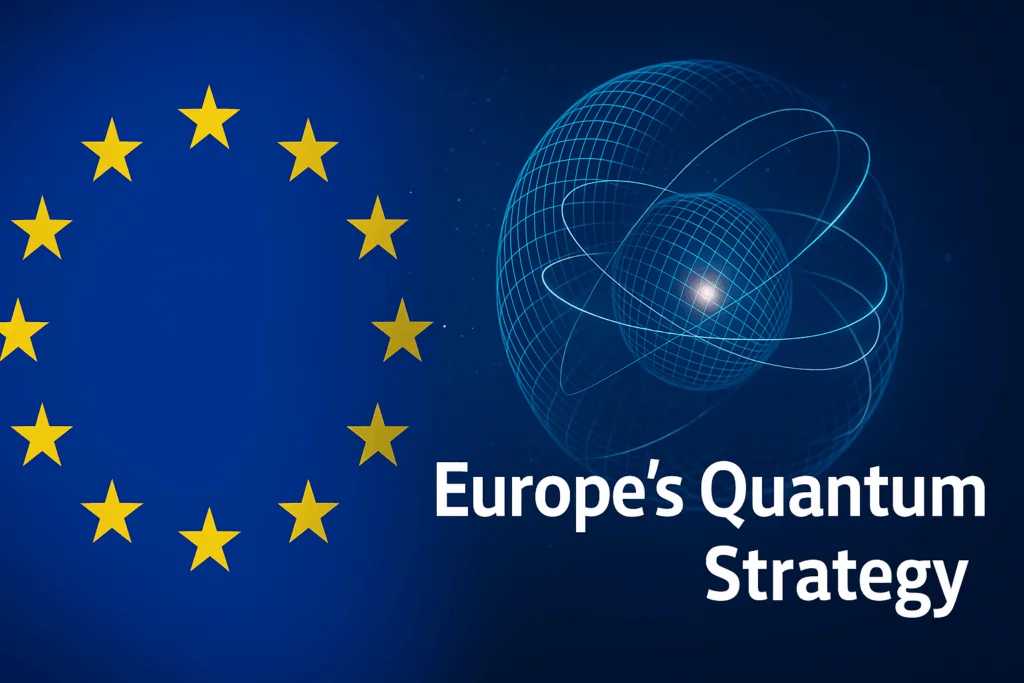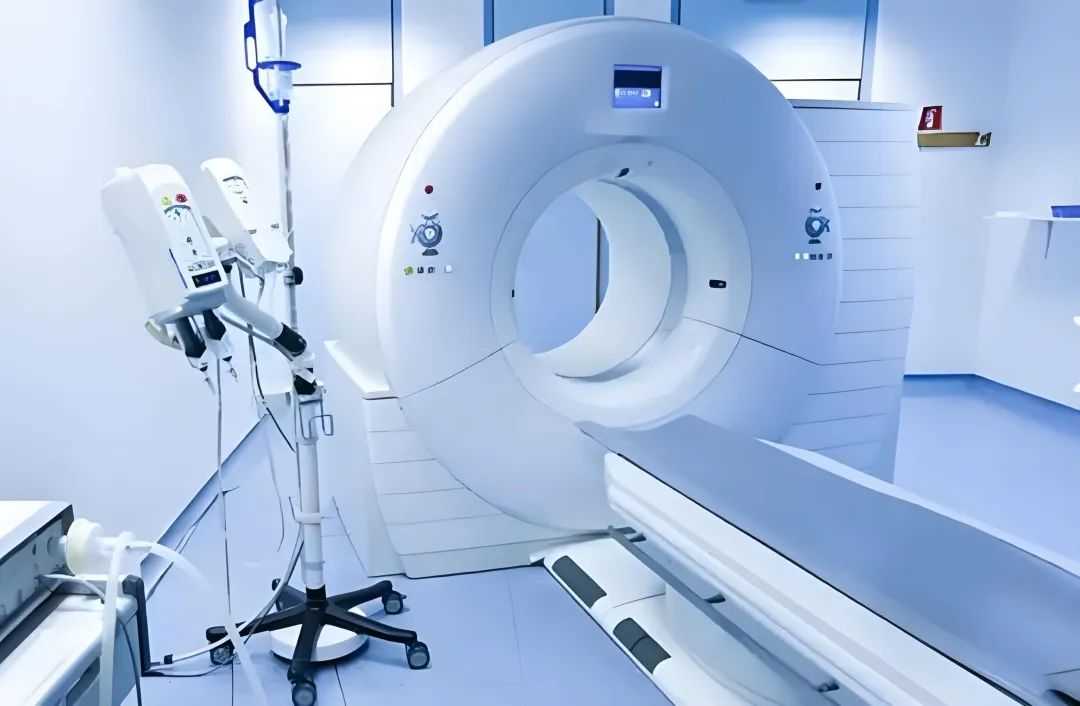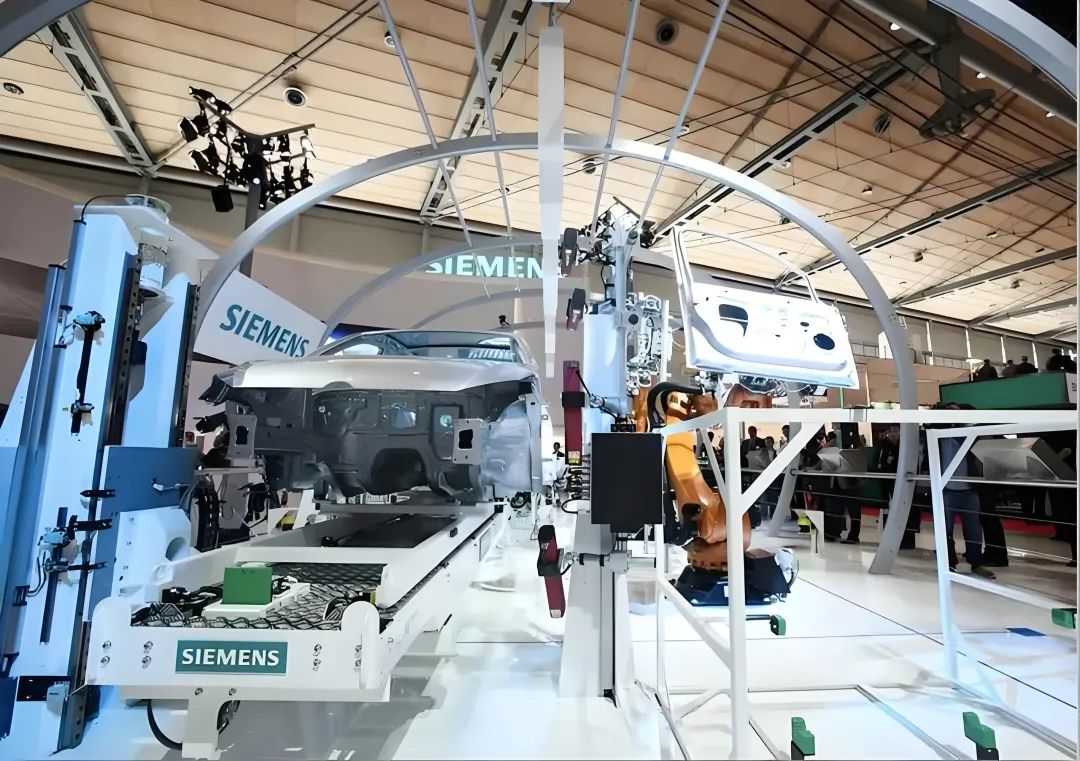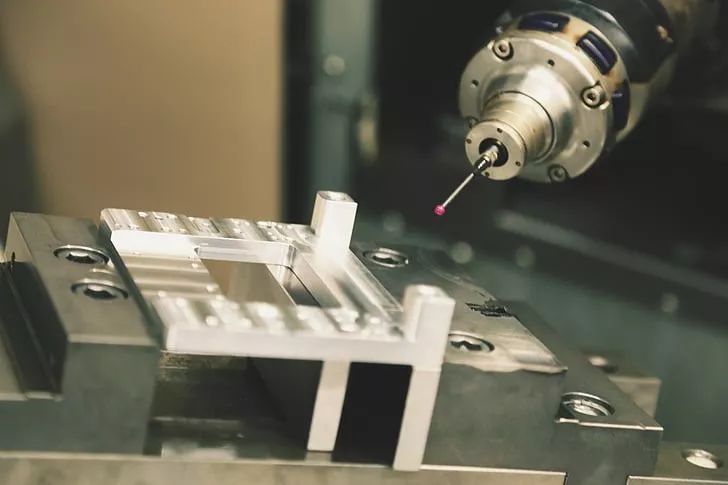Sci-Tech
U.S. Bipartisan Bill Seeks to Ban "Adversarial AI" from Foreign Adversaries
U.S. bipartisan lawmakers introduced a new bill, the No Adversarial AI Act, on June 25 local time. It aims to restrict federal government procurement and use of AI technologies developed by "foreign adversaries" like China, strengthening technical security for national critical systems.
Trump Administration Moves to Speed Up Offshore Critical Minerals Exploration
The Trump administration announced on June 25 that it will accelerate exploration and development of offshore critical minerals, foreign media reported.
Germany’s Technological Prowess: Key Strengths and Innovations
Germany has established itself as a global leader in technology, with distinct strengths in several cutting - edge sectors. From quantum technology to advanced engineering, the country’s technological dominance stems from strategic investments, a culture of innovation, and a highly skilled workforce. Here’s a closer look at its key areas of excellence.
Photonics startup Camgraphic secures €25M Series A led by NATO
Other participating investors include Sony Innovation Fund and Bosch Ventures. Founded in 2018 as a spinoff from University of Cambridge, Camgraphic is building a graphene microchip that uses light and electrical signals to transmit data in a way that is faster, cheaper and more energy efficient than silicon-based photonics alternatives.
Germany's Nobel Dominance: A Testament to Scientific Depth and Industrial Might
Germany's remarkable record of 111 Nobel laureates stands as a powerful testament to the nation's enduring excellence in scientific research. Spanning from 1901 to the present, these accolades are predominantly concentrated in traditional strongholds such as physics, chemistry, biology, and medicine, highlighting Germany's long - standing commitment to advancing fundamental knowledge in these critical fields.
France's Nobel Achievements: A Reflection of Scientific Eminence
France, a nation with a rich history of scientific exploration, has solidified its status as a global scientific powerhouse with 36 Nobel laureates in the natural sciences. These prestigious awards, spanning the fields of physics, chemistry, and physiology or medicine, underscore France's enduring commitment to pushing the boundaries of human knowledge and making significant contributions to scientific progress.
The Triumvirate of Ultra-Precision Machine Tools and Materials Science: Japan, Germany, and Switzerland
Ultra-precision machine tools and materials science form the bedrock of modern industry, and three nations—Japan, Germany, and Switzerland—dominate these critical sectors. Among them, Japan has established an unparalleled lead, blending technological innovation with meticulous engineering to set global standards.














